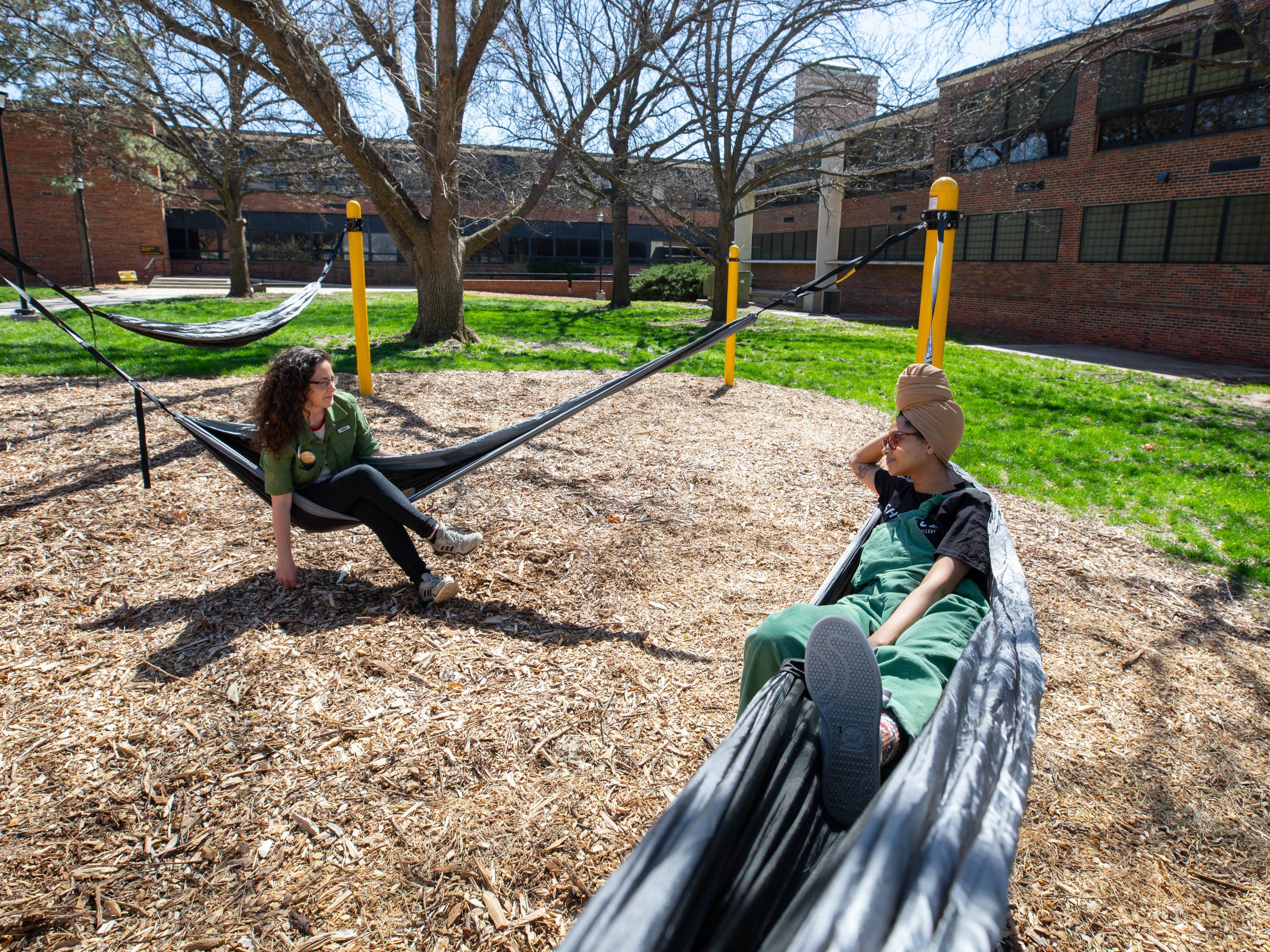
What will YOU do with Women's, Ethnicity, and Intersectional Studies?
![]()
Wichita State University first offered Women's Studies classes in 1971, making it the second oldest program in the United States.
Women's, Ethnicity, and Intersectional Studies is a multi-disciplinary degree offered by the Department of English Language and Literature. You can select courses from a variety of departments that fit your specific areas of interest. All of the departments below contribute courses to the Women's, Ethnicity, and Intersectional Studies major.